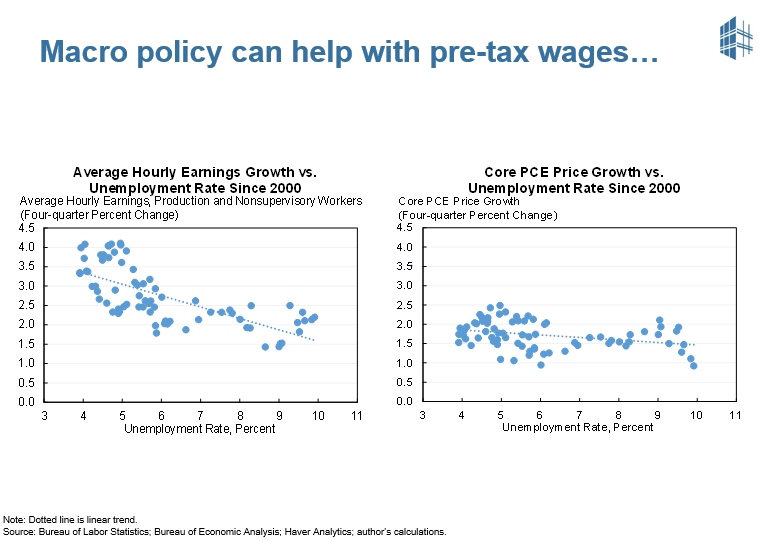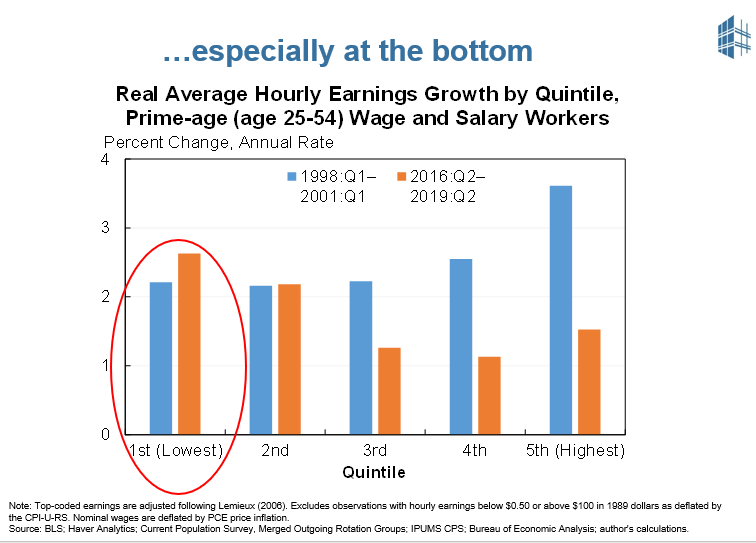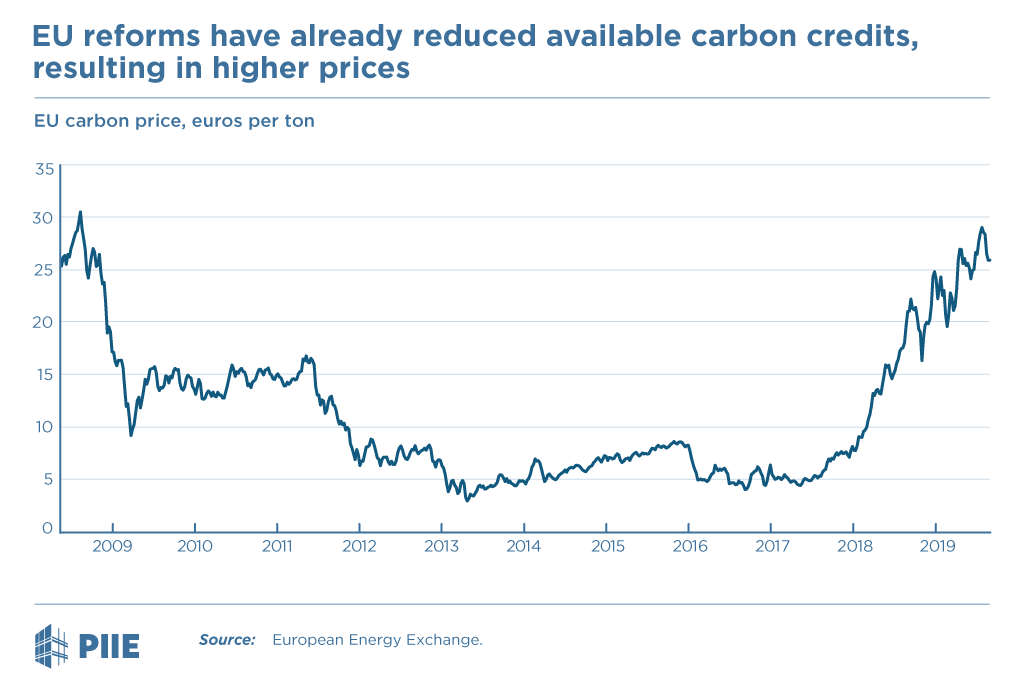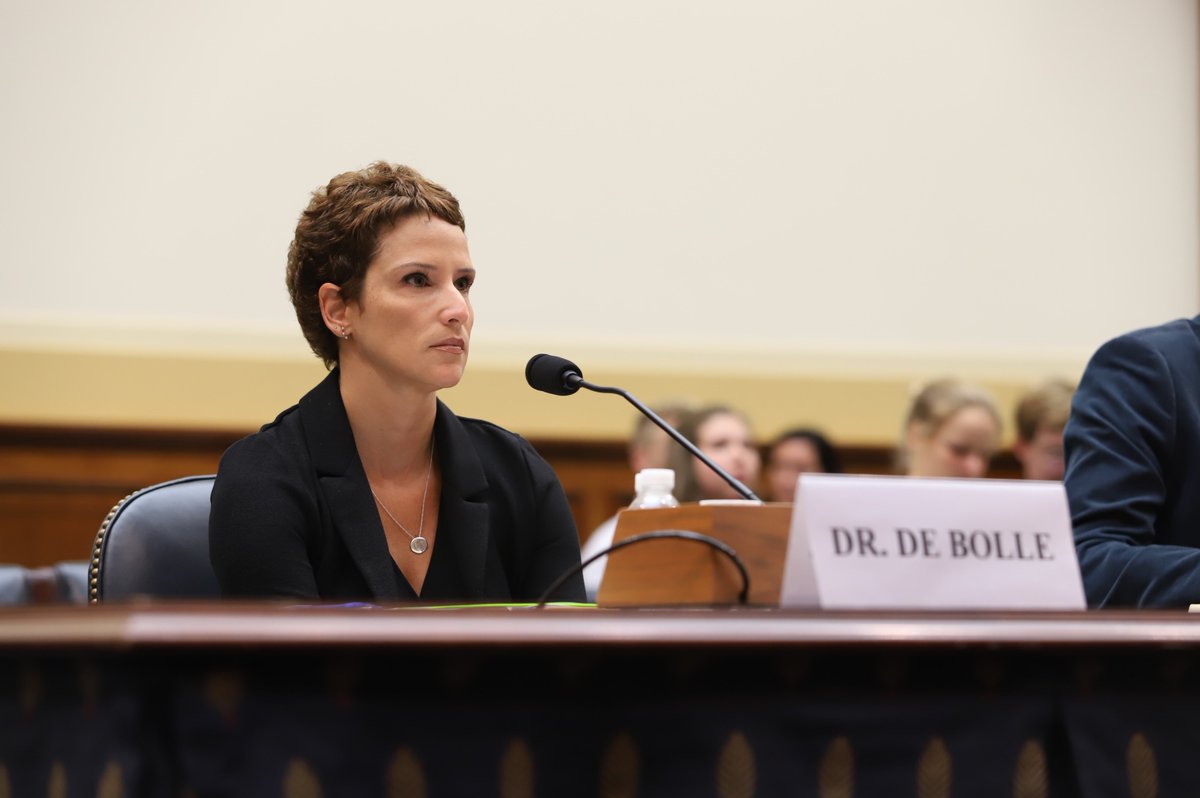
NOW: @_AnabelG is discussing agriculture trade and COVID-19: trade barriers, food security and WTO reform, at #PIIETradeWinds with @JoeGlauber1 & Sherman Robinson.
Watch here and follow along for opening remarks: piie.com/events/agricul…
Watch here and follow along for opening remarks: piie.com/events/agricul…

In the initial days of COVID-19, the pandemic and its containment measures placed unprecedented stress on all segments of food supply chains, including farm production, food processing, transport and logistics, and final demand.
Rising concerns of a global food crisis were further exacerbated by the adoption of export curbs on the part of several countries, mostly in March and April.
Despite logistical bottlenecks and problems in some places and products, the current supply-demand situation is very different from that at the start of the 2007-08 global food crisis.
Global food production prospects are positive, stocks are high, international food prices are low and food supply chains have continued to flow, with some of those early restrictions lapsed or removed.
Still, some significant challenges lie ahead. Here are 3:
1⃣the food security situation is dire in some places in Africa, South Asia & Latin America. Loss of jobs and livelihoods are rapidly increasing food insecurity, with the FAO estimating that more than a quarter of a billion people will suffer acute hunger by the end of this year.
2⃣while critical to move food from the 570 million existing farms to the 7.7 billion people across the world, trade faces significant barriers. Intra-regional trade could play a greater role in Africa & new technologies & digital trade can connect food demand with supply.
3⃣support programs addressing the economic dimensions of the pandemic will bring increased tension & friction to agricultural markets.The need to reform the WTO Agreement on Agriculture to help bring about freer & fairer agriculture trade and strengthen food systems, is pressing.
• • •
Missing some Tweet in this thread? You can try to
force a refresh







